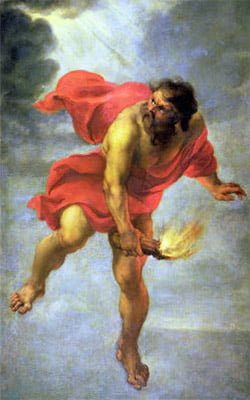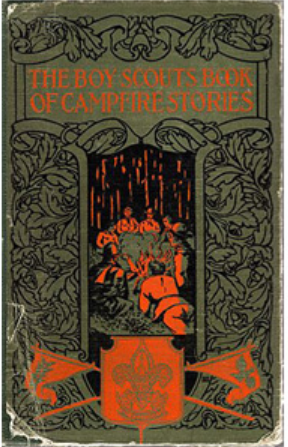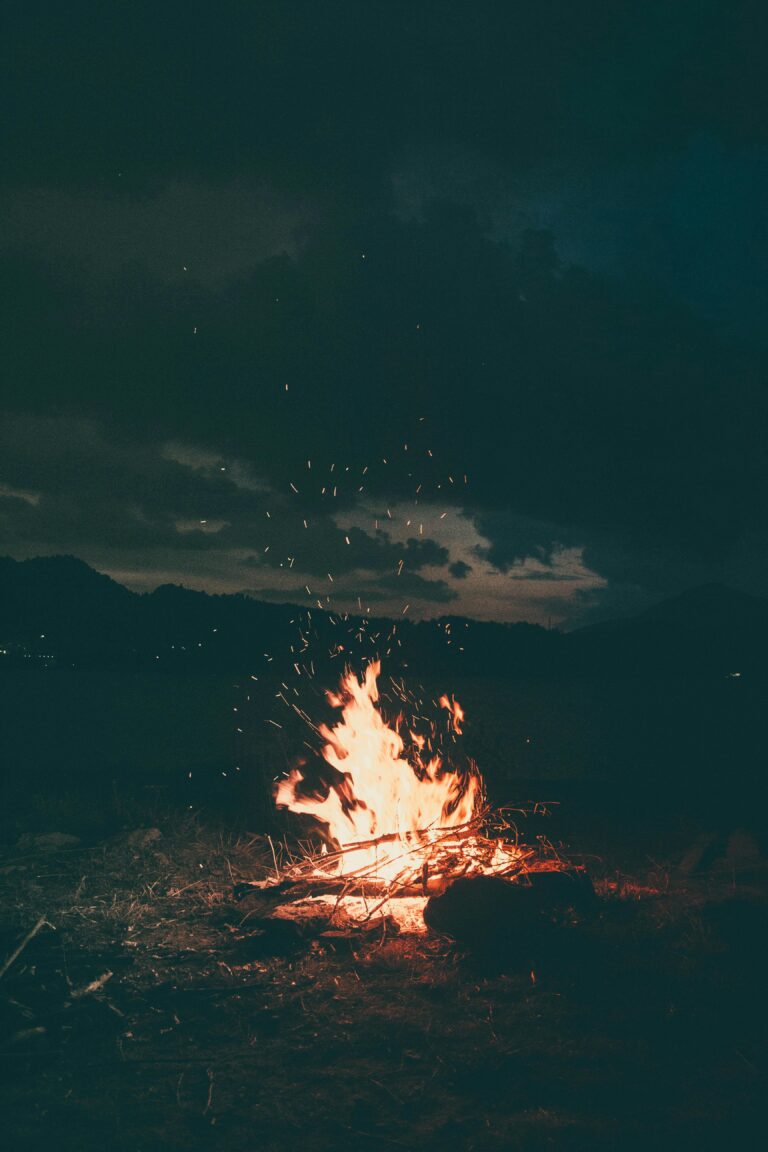Shared Solitude
For millennia, the radiant glow and effervescence of fire has provided the cordial medium for the telling of stories. Its warmth settles the body and tames the mind. Glowing embers trance the eyes and make keen the ears. Our words dance amongst the smoke, like whispers on the breeze.
There is an inviting peace and intimacy evoked by such tender warmth. At times, fire is a companion for solitude and self reflection. Our mind wanders with the tails of the flames. The heat draws us deeper into a dream, memory or thought.
It is perhaps this state that evokes openness for those round the fire. The dichotomy of fire is that it is both an individual and communal experience. Fire beckons us to search within and exacts us to share. It is through such shared solitude that great stories are internalized and intimate bonds formed.
I have found that fires help us unveil our purest self. They provide a moment to reflect and an opportunity to express.
Fire helps us to understand ourselves, and in turn, those around us. It is a bridge between solitude and companionship, whose beams are stories.
Stories
In many cultures, fires are both locales for oral storytelling and objects of thematic symbolism. As previously noted, anthropologists have explored how firelight contributed to increased time for leisurely conversation. In regards to stories, fire’s thematic symbolism is a recurring theme that transcends many mythologies.
Origin of Fire
One such trans-cultural theme is the “theft of fire” or “gift of fire“. In such themes fire is often a symbol of knowledge, power, or technology. In one Polynesian legend, trickster-hero Maui attempts to steal the fire stored within the Keeper of Fire’s nails. The Abenaki Indian story of “How Fox Stole Fire,” underscores the cunning skill required by Fox to steal fire. In Greek mythology, Prometheus steals fire for humanity to enable the growth of civilization.

This theme posits fire as an object of value – one worth stealing or gifting. Accordingly, such fire origin stories within mythologies, underscores its respective cultural significance. Moreover, in these stories, the theft of fire brings the corporeal into direct contact with the supernatural. Fire is a medium through which earthly figures or demi-gods interact with superior beings. This transcendence from the supernatural to the temporal further suggests fire’s significance across numerous cultures.
The Campfire Story
The modern “campfire” story is a relatively new concept, likely originating in the early to mid-19th Century. Prior to this period, fires were more frequent parts of everyday life. Stories told around these fires were not explicitly “campfire stories”. The emergence of the “campfire story” concept parallels the western cultural shift into the modern age. Primarily during the 19th Century, outdoor living became a less frequent part of everyday life. With the Industrial Revolution, human exposure to the outdoors became less frequent but increasingly one of leisure or recreation, as opposed to necessity. The emergence of Scouting and recreationalist movements during this period underscore that cultural shift. As for fire’s role, late 19th Century journals and newspapers saw the popularization of the terms “campfire” and “camp-fire stories.” Likewise, the term grew amongst the popular movements of the era. For example, the 1910 edition of the Boy Scouts of America handbook contained a section titled, “The Magic of the Camp-fire.”

In embracing particular aspects of the past, such movements manipulated our cultural memory. It is from these turn of the 20th Century scouting and recreationalist movements that the western contemporary concept of campfires and campfire stories primarily derives. A larger discussion on heritage, and select passing on of culture, is warranted.
Certainly, fires were culturally significant before this period. Nevertheless, acknowledging that the contemporary western concept of fire derives in part from a early 20th Century manipulated cultural memory is important. Such acknowledgement, enlightens us to a reality that our relationship with the outdoors was significantly different prior to this period. More importantly, it reveals that modern culture coveted a romantic conceptualization of the pre-industrial past. Campfires and campfire stories are pedestaled as an enduring symbol of that past; legacy in which we all can partake.
The adage “perception is reality” is telling in this case. How we perceive our past tells us as much about ourselves as the reality of that past. Embracing the campfire and campfire stories as part of our legacy suggests what we most value from our perceived past. We value the community, simplicity, and sharing that are intertwined with the idea of a campfire and stories. Surely, historical reality is important. Nevertheless, exploring fire as it pertains to patronage (heritage) offers an equally fascinating lens to understand its cultural significance.
As Chief Scout Librarian Franklin Mathiews once said,
“The campfire for ages has been the
– The Boy Scouts Book of Campfire Stories (1920)
place of council and friendship and story-telling. The mystic glow
of the fire quickens the mind, warms the heart, and awakens memories of happy, glowing tales that fairly leap to the lips.”
Who can say how far back such regard for the campfire goes? Perhaps we will never know. For now, we have a starting point to understand the character of fire and the campfire story. I look forward to continuing the journey.


Pingback: Outdoorsman Profile: Nessmuk - Gathering Fire
Pingback: On Fire: Early Implications - Gathering Fire